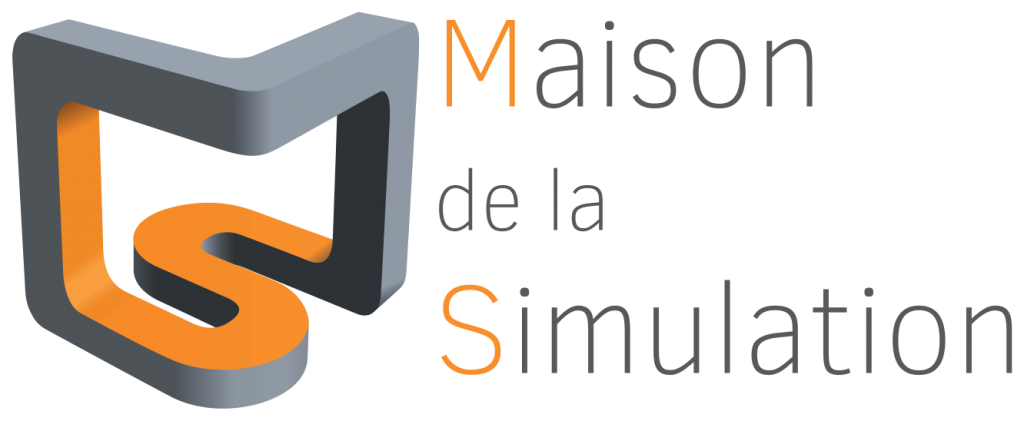🧑🏫 Anthony Scemama, Research Engineer at the Laboratoire de Chimie et de Physique Quantiques of IRSAMC
🌎 December 2012
Quantum chemistry is known to be one of the grand challenges of modern science since many fundamental and applied fields are concerned (drug design, micro-electronics, nanosciences,…). To investigate all these fascinating problems is a tremendous task since highly accurate solutions of the fundamental underlying Schrödinger equation for a (very) large number of electrons need to be determined. The use of Quantum Monte Carlo methods is an emerging alternative approach to usual methods since they can take advantage of massively parallel architectures. In this talk the QMC=Chem program we develop in Toulouse will be presented, as well as the different strategies we used to reach the petaflops/s scale.
Slides :
